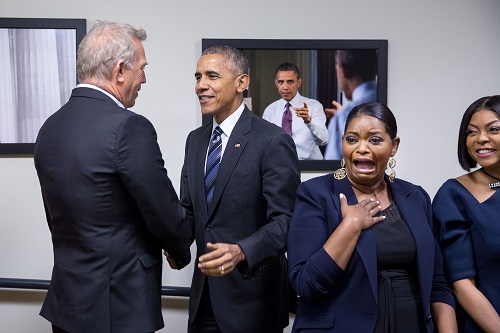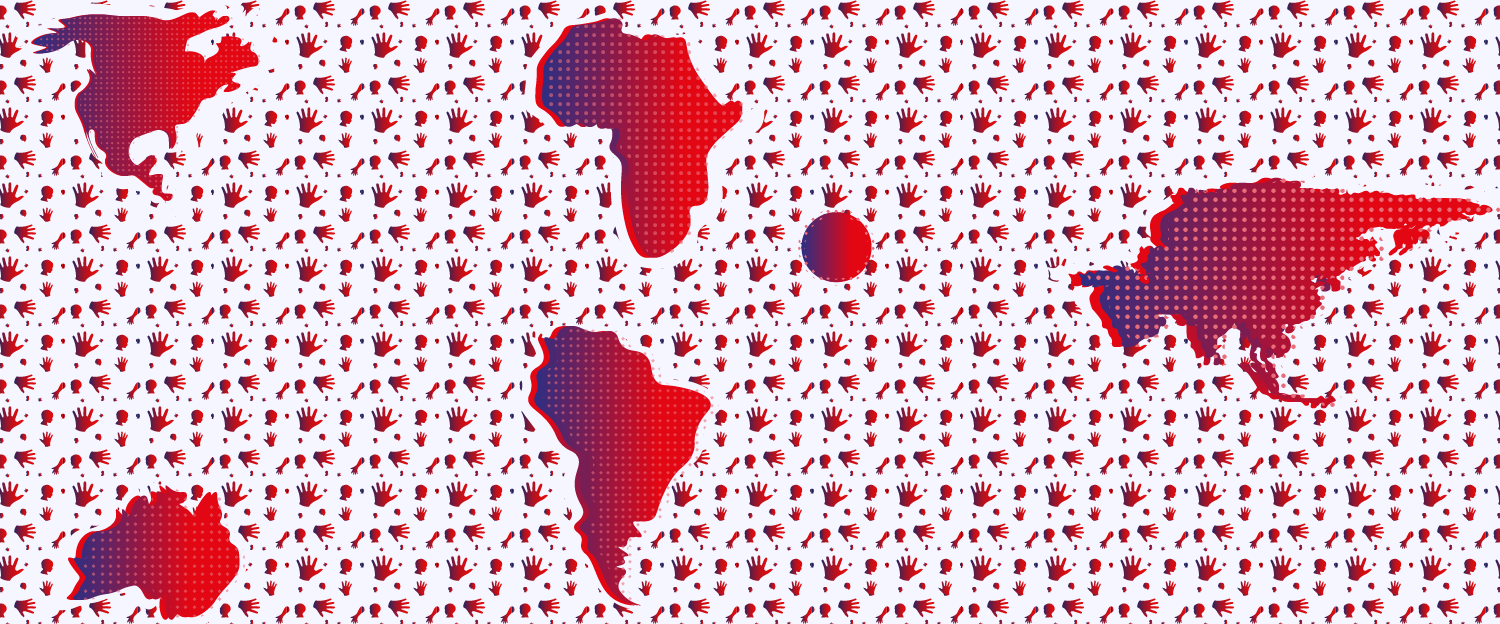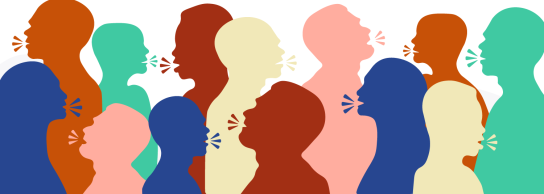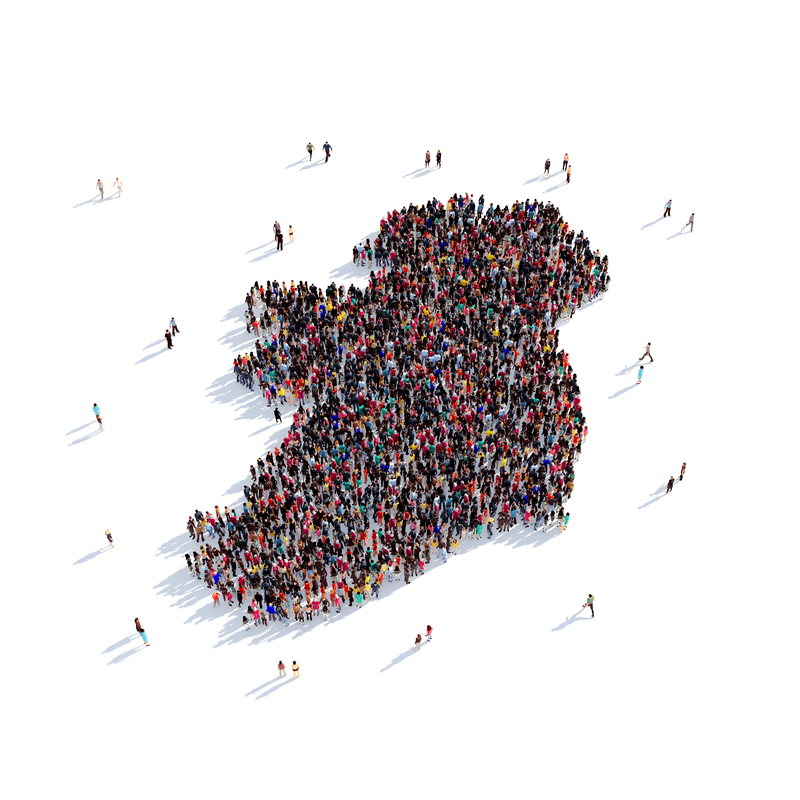Find out more about The Open University's Social Sciences courses and qualifications.
1969 was the year that a human first landed on the moon. It was also the year that I first saw a Black person on the telly. Both events were equally stellar for me. I was allowed to stay up late, even though it was a school night (I was only seven), to watch the grainy but miraculous pictures on our small black and white TV. It was a huge event for the whole family. Only years later, through seeing the film Hidden Figures and then reading the book, did I understand how much information had been suppressed about the enormous input people from Black and Minority Backgrounds had on the moon landing. Kevin Costner taking an axe to the segregated toilet sign made for a very satisfying moment, but reading the book gave greater insight into inherent, institutional racism and just what a struggle it made everyday life then, and still does now. I’m glad to say that the moment that an astronaut insisted on the calculations being checked by one of the ‘hidden figures’ did really happen.
 Some of the cast of Hidden Figures meeting President Obama
Some of the cast of Hidden Figures meeting President Obama
Laws should protect people from racism – but just as surely as we should also be protected from murder and rape, we know that this goes on all the time. Overt racism is revolting, but covert racism is more damaging – using politically correct terms but failing to treat everyone as equal means that the power gap just widens over time. One way in which we can see this is through representation – hence my second stellar moment. As a child of seven, I was amazed when a Black person appeared on the TV screen, which clearly indicates how rare that was. I rushed into the kitchen shouting ‘Mummy, Mummy, there’s a Black man on the telly’. It was an entirely innocent observation, but was met with a stern reproof from my mother and a slap on the backside. She was furious. And I can understand why. As an immigrant herself, from Ireland living in England, having been met by racial slurs, she was not having any of her children showing what she thought was a lack of respect. ‘Siobhan’, she said, ‘Don’t you dare say “Black man”, you say “coloured gentleman”’. I took that on board fast – I didn’t fancy being slapped again.
I told her that mummy had said that that was the polite way to speak. She pointed out that her skin was not ‘all colours like a rainbow’, but ‘black’.So off to school I went the next day where, in assembly, we were told that there was ‘a nice “coloured” girl’ joining the school and that we were all to make her feel welcome. We lived on the outskirts of Kent, and there were few people from BAME backgrounds at the school, which was also Catholic and predominantly had children from Irish backgrounds. Children from Indian and Pakistani backgrounds were few in number, but we had never had a Black student at the school before. Susan must have felt odd in a class, and indeed a school, where she was the only Black member. When we played together, she shared her annoyance at the Deputy Head having referred to her as ‘coloured’. Now I was confused. I told her that mummy had said that that was the polite way to speak. She pointed out that her skin was not ‘all colours like a rainbow’, but ‘black’. At this point, Susan being equally as vehement as my mother, I decided that discretion was the better part of valour and that I had better just be quiet. After all, why should someone’s colour even enter the equation? Why do we need a name for this? I was only seven and highly confused by how upset my mother and my friend were! A rose by any other name ...
The year I was born, 1962, when dinosaurs roamed the earth and Wexford won the Gaelic Football trophy, the team came to London to celebrate and my uncle, who was on the committee, joined them. They were all intent upon a lock-in at a pub in Kilburn and the landlord was trying to ensure that the situation didn’t get out of hand. He went round sending as many people home as he could, but all claimed kinship with a member of the team. He then alighted on one person, who could not possibly be Irish, as at that stage there were no Black people living in Ireland, and said, ‘don’t try telling me you are related to the team – out you go’. The customer picked up the cup and said, ‘I’m with them’. When the landlord started to argue, the team captain intervened – ‘Paddy is one of our own’. Of course, there was no way he would have been called Paddy – but ‘Paddy’ got to stay and thoroughly enjoyed his evening as an adopted member of an Irish football team.
Terrorists are terrorists, no matter what colour or creed and the two should not be conflated.As a member of the Irish Catholic Community, I have been the butt of casual racism from time-to-time. It isn’t pleasant. I remember, after one dreadful IRA bombing, walking into the office to hear someone say 'Bloody Irish. Oh! sorry, Siobhan’. I find it amazing that people can associate all Catholic Irish people with the IRA. Frankly, I am no keener to have my limbs blown off by a bomb than anyone else. Every Irish Catholic is not a terrorist, just as those of the Muslim faith should not be subject to being assumed to be terrorists. Terrorists are terrorists, no matter what colour or creed and the two should not be conflated.
I think what is important is true respect for all. People using the most politically correct terms can be the more inherent racists. Someone may use a term that is not now politically correct, or maybe is (not everyone agrees with the term ‘BAME’, after all), but if they are sincere in intent, perhaps we should give them the benefit of the doubt and the chance to explain/apologise. As Shakespeare’s Juliet once said, ‘A rose by any other name would smell as sweet’. Actions speak louder than words. Let’s focus on redressing the imbalance in power across all divides and look to create a better tomorrow.




Rate and Review
Rate this article
Review this article
Log into OpenLearn to leave reviews and join in the conversation.
Article reviews